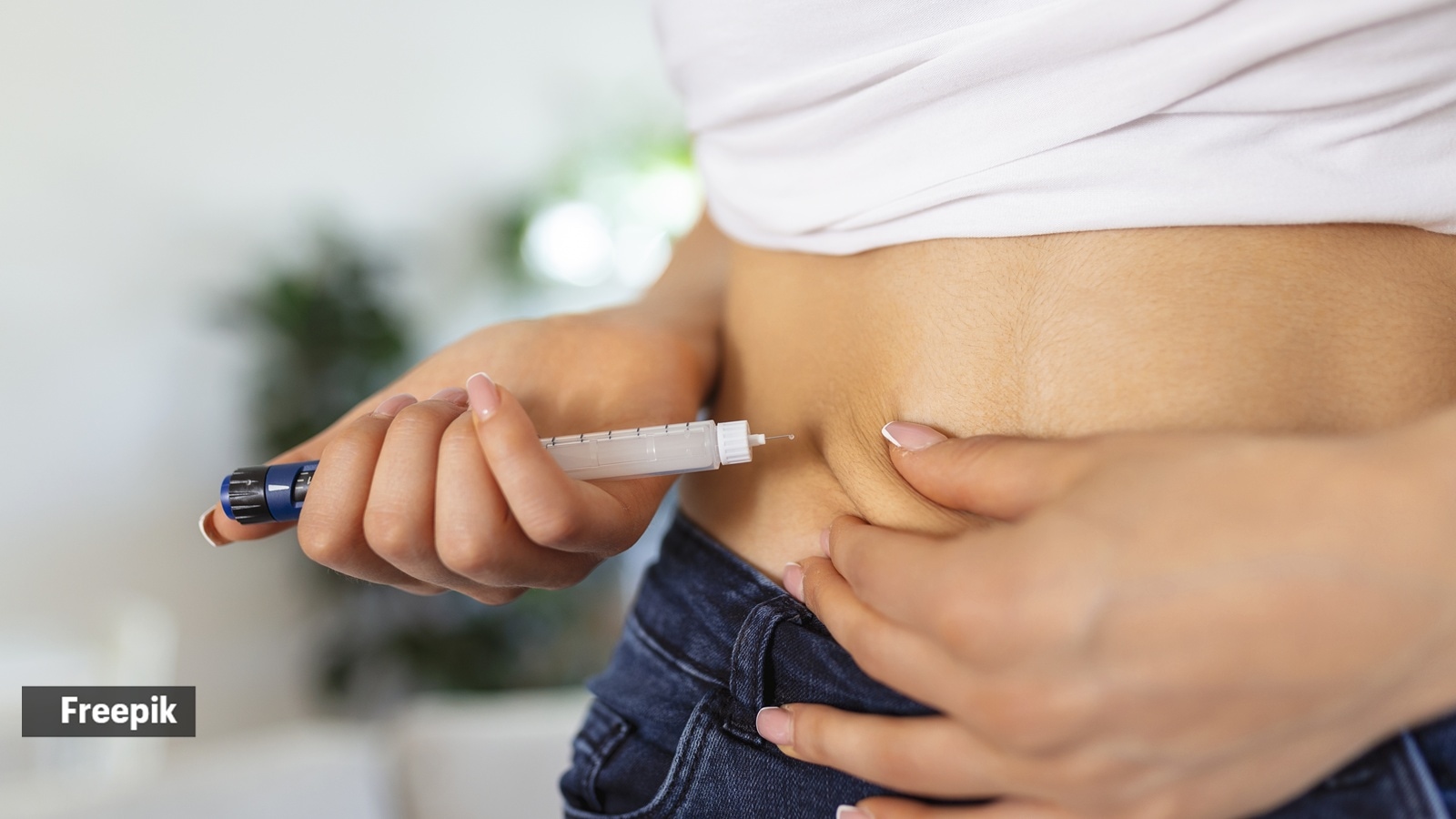Insulin requirements vary from person to person. So, if your blood sugar is high even after taking insulin, it’s crucial to pay attention to the dose and not just the act of injecting it. “Simply taking insulin is not enough; whether the dosage is appropriate for your needs matters. If the dose is too low or not adjusted correctly over time, blood sugar levels may remain high despite taking insulin,” said Dr Manisha Arora, director, internal medicine, CK Birla Hospital®, Delhi.
Other common causes can also affect insulin effectiveness.
Incorrect injection technique is one of the common issues. “Many patients are unaware of how to inject insulin properly. Repeatedly injecting into the same site can cause fatty lumps under the skin (lipohypertrophy), interfering with insulin absorption. To avoid this, patients are advised to rotate injection sites,” said Dr Arora.
The ideal areas for insulin injection include the abdomen (avoiding a 6–8 cm radius around the navel), the upper arms, thighs, and buttocks, preferably in areas with a decent layer of fat. “These injections should be given in the subcutaneous (fat) layer and not into the muscle,” said Dr Arora.
Story continues below this ad
Another critical factor is the length of the needle. “If the needle is longer than 4 mm and not used properly, it may deliver insulin into the muscle, which affects how it is absorbed. Also, after inserting the needle, it’s important to wait at least 5 seconds before removing it to ensure the full dose is delivered. If the needle is removed too quickly, some of the insulin may leak out, reducing its effectiveness,” said Dr Arora.
Insulin storage also plays a vital role. It must be kept refrigerated. According to the expert, a common mistake patients make is taking the insulin out well before meals and leaving it at room temperature for long periods, sometimes up to 1–1.5 hours.
 Do you know the right way to use insulin? (Photo: Freepik)
Do you know the right way to use insulin? (Photo: Freepik)
“This repeated exposure to higher temperatures can reduce insulin potency. In some cases, patients may be unknowingly using expired insulin or insulin that has not been stored properly, either at home or at the place of purchase, where the cold chain was not maintained,” said Dr Arora.
It’s also essential to understand that insulin alone is not enough. Dr. Arora urged proper diabetes management, which involves a combination of medication, diet, physical activity, and lifestyle. “If someone continues to consume excess carbohydrates or processed foods, it can counteract the benefits of insulin. Emotional stress, poor sleep, and lack of physical activity can also contribute to elevated blood sugar levels,” said Dr. Arora.
Story continues below this ad
DISCLAIMER: This article is based on information from the public domain and/or the experts we spoke to. Always consult your health practitioner before starting any routine.























